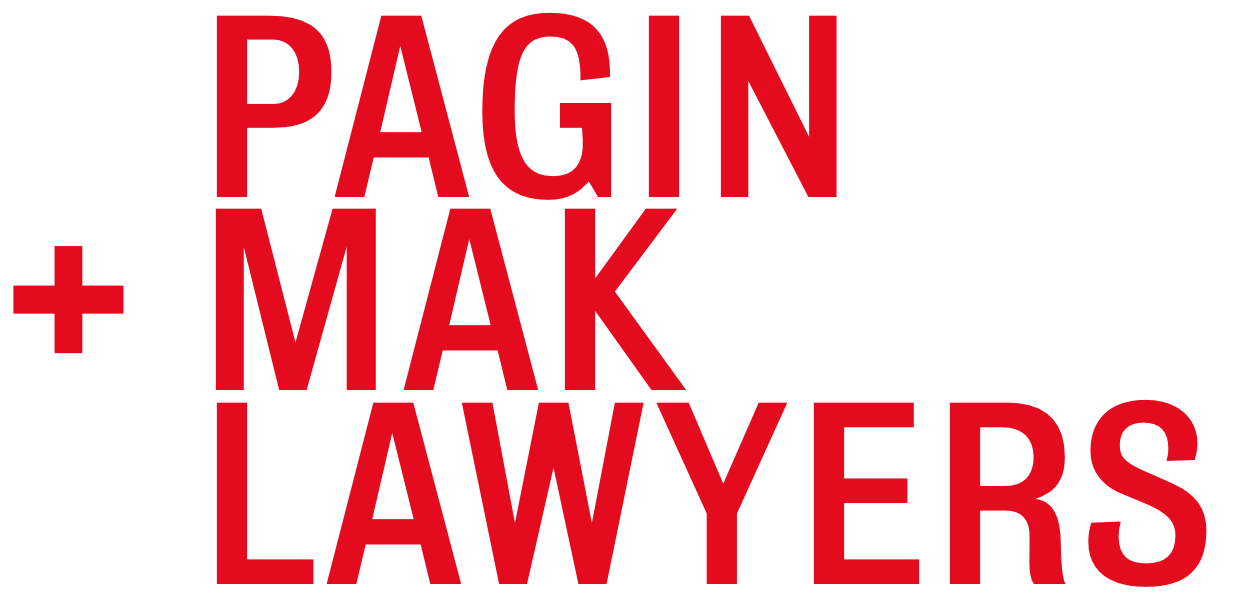Could your posts on social media get you fired?
In a recent decision that has sent shivers down the spines of thousands of public sector employees, the High Court has ruled that the sacking of Michaela Banerji, for her anonymous posts on social media that criticised the government’s immigration policy, was not unreasonable and did not impede her implied right to freedom of political communication.
Michaela Banerji had been an employee of the Department of Immigration and Citizenship (‘Department’) since around 2006. In early 2012, Ms Banerji commenced posting on the social media platform Twitter, under the Twitter handle (pseudonym) LaLegale.[1] She tweeted frequently and often criticised the government and ministers in relation to border protection policy. It appears that the main message Ms Banerji wished to get across was that the government’s treatment of asylum seekers was unlawful, immoral and destructive.[2]
In March 2012, an employee of the Department made a complaint that the tweets from the LaLegale Twitter account were, in fact, posted by Ms Banerji and were in breach of the Department’s Code of Conduct.[3] The Department at first dismissed the complaint due to a lack of evidence. Upon receiving a second, more detailed, complaint, the Department advised Ms Banerji that it proposed to make a finding that she breached the Department’s Code of Conduct and may terminate her employment.
In October 2012, Ms Banerji commenced proceedings in the Federal Circuit Court of Australia seeking an interlocutory injunction to prevent the Department from terminating her employment.[4] The Court did not grant the injunction citing that ‘the unbridled right championed by Ms Banerji…does not exist.’[5] In September 2013, the Department terminated Ms Banerji’s employment.[6]
Ms Banerji then claimed compensation for depression and anxiety as a result of her termination. This claim was refused and refused again after a review. Ms Banerji then sought a merits review of the decision in the Administrative Appeals Tribunal (‘Tribunal’). The Tribunal found that because Ms Banerji’s tweets were anonymous, the termination of her employment ‘unacceptably trespassed on the implied freedom of political communication’, such that the termination could not constitute reasonable administrative action.[7] The Department appealed the decision to the Federal Court which, given the importance of the subject matter, referred it onto the High Court.[8]
The High Court unanimously held that the Department’s Code of Conduct had a purpose consistent with the constitutionally prescribed system of representative and responsible government, namely, the maintenance of an apolitical public service. The Court also held that the provisions were reasonably appropriate and adapted or proportionate to their purpose and, accordingly, did not impose an unjustified burden on the implied freedom of political communication.[9] The Court was of the view that Ms Banerji’s online anonymity would not save her as, at some point, her identity and the nature of her employment would be revealed.[10] Ultimately, the Court found in favour of the Department, and against Ms Banerji.
The consequence of this case should not be underestimated. For the approximately two million employees currently working for the government, it is clear that great care needs to be taken before criticising government policy on social media or anywhere public. Whilst those working in the private sector may breathe a sigh of relief, caution should be taken, as the principles from this case could, conceivably, be applied to a scenario where a private sector employee could lawfully be terminated as a result of his or her criticism of his or her employer.
Employment law can be complex. If you wish to discuss any concerns that you have about an employment contract, your rights and obligations as an employer or an employee, get into contact with the team at Pagin + Mak Lawyers for your free consultation.
Disclaimer:
The information above is intended as general information only and should not be relied on. You should discuss your individual situation with a lawyer.
[1] Comcare v Banerji, Appellant’s Chronology filed 7 November 2018.
[2] Kieran Pender, Comcare v Banerji: Public Servants and Political Communication, (2019) 41(1) Sydney Law Review 131.
[3] Comcare v Banerji, Appellant’s Chronology filed 7 November 2018.
[4] Comcare v Banerji, Appellant’s Chronology filed 7 November 2018.
[5] Banerji v Bowles [2013] FCCA 1052 (9 August 2013) at [101].
[6] Comcare v Banerji, Appellant’s Chronology filed 7 November 2018.
[7] Re Banerji and Comcare (Compensation) [2018] AATA 892 (16 April 2018) at [128].
[8] Comcare v Banerji, Appellant’s Chronology filed 7 November 2018.
[9] Comcare v Banerji [2019] HCA 23 Case Summary.
[10] Comcare v Banerji [2019] HCA 23 at [17].
